Electronic Speed Controller ESC 40A (Bidirectional) – Overview
The Electronic Speed Controller (ESC) 40A (Bidirectional) is a high-performance motor controller engineered for brushless DC motors used in RC vehicles, drones, robotic platforms, and DIY electric projects. With a continuous current rating of 40A and support for forward and reverse operation, this ESC delivers precise speed control, efficiency, and robust protection features for demanding applications.
Key Features
- Continuous Current: 40A for sustained motor loads
- Bidirectional control enabling forward and reverse motion
- Compatibility with brushless DC motors (3-phase BLDC)
- PWM signal input with accurate throttle response and calibration
- High-efficiency MOSFET-based power stage to minimize heat
- Wide input voltage range (commonly compatible with 2S to 6S LiPo batteries depending on model)
- Built-in protective features: over-current protection, thermal protection, and low-voltage cutoff
- Compact and lightweight design for space-constrained builds
Technical Specifications
- Continuous current: 40A
- Motor type: Brushless DC (3-phase)
- Control input: PWM (standard RC/servo signal)
- Voltage range: Typically 2S to 6S LiPo (confirm model-specific rating before use)
- Protections: Over-current, over-temperature, low-voltage cutoff
- Cooling: MOSFET-efficient design; use additional cooling for prolonged high-load operation
Applications
- RC cars and boats requiring forward and reverse control
- Multirotor drones and quadcopters
- Electric bikes, scooters, and light EV projects
- Robotics platforms and motorized mechanisms
- DIY motor control systems and prototypes
Installation and Wiring
Follow safe wiring and installation practices to ensure reliable operation:
- Connect the three motor phase wires to the ESC motor outputs (A, B, C) and secure connections.
- Attach the battery supply leads observing correct polarity. Use an appropriate connector and fuse if needed.
- Connect the ESC signal lead to your receiver, flight controller, or PWM controller. Configure the neutral and endpoints per your controller instructions.
- Ensure good ventilation or add a heatsink/fan for sustained high-current use.
- Before first run, perform ESC calibration with your transmitter or controller to set throttle range and center point.
Protections and Safe Operation
- Over-current protection prevents damage from stalls or excessive load.
- Thermal protection reduces power output or shuts down if temperatures exceed safe limits.
- Low-voltage cutoff protects battery health by preventing over-discharge.
- Always verify the ESC voltage rating against your battery pack to avoid permanent damage.
Why Choose This ESC
This ESC balances power, efficiency, and safety for hobbyists and professionals. The MOSFET power stage provides lower heat and higher efficiency under load, while bidirectional control makes it ideal for vehicles that require reverse motion. Built-in protections reduce the risk of failure and extend component life.
Quick Tips
- Use appropriately sized battery and wiring to minimize voltage drop.
- Allow airflow or active cooling during extended high-current runs.
- Keep firmware or controller settings updated and perform periodic checks for loose connectors.
Frequently Asked Questions
Is this ESC compatible with my brushless motor?
Yes, it is compatible with most 3-phase brushless DC motors. Verify that the motor current and battery voltage are within the ESC’s rated limits.
Can I use this ESC for an electric scooter or bike?
It can be used for light electric bikes or scooters provided the motor current draw stays below 40A continuous and the system voltage is within the ESC’s supported range.
Do I need a separate BEC or regulator?
Some ESC models include a BEC or voltage regulator for powering receivers and controllers. Check the specific model details to confirm whether an external BEC is required.
Note: Images are for illustration purposes only. Confirm model-specific specs and wiring diagrams before use.

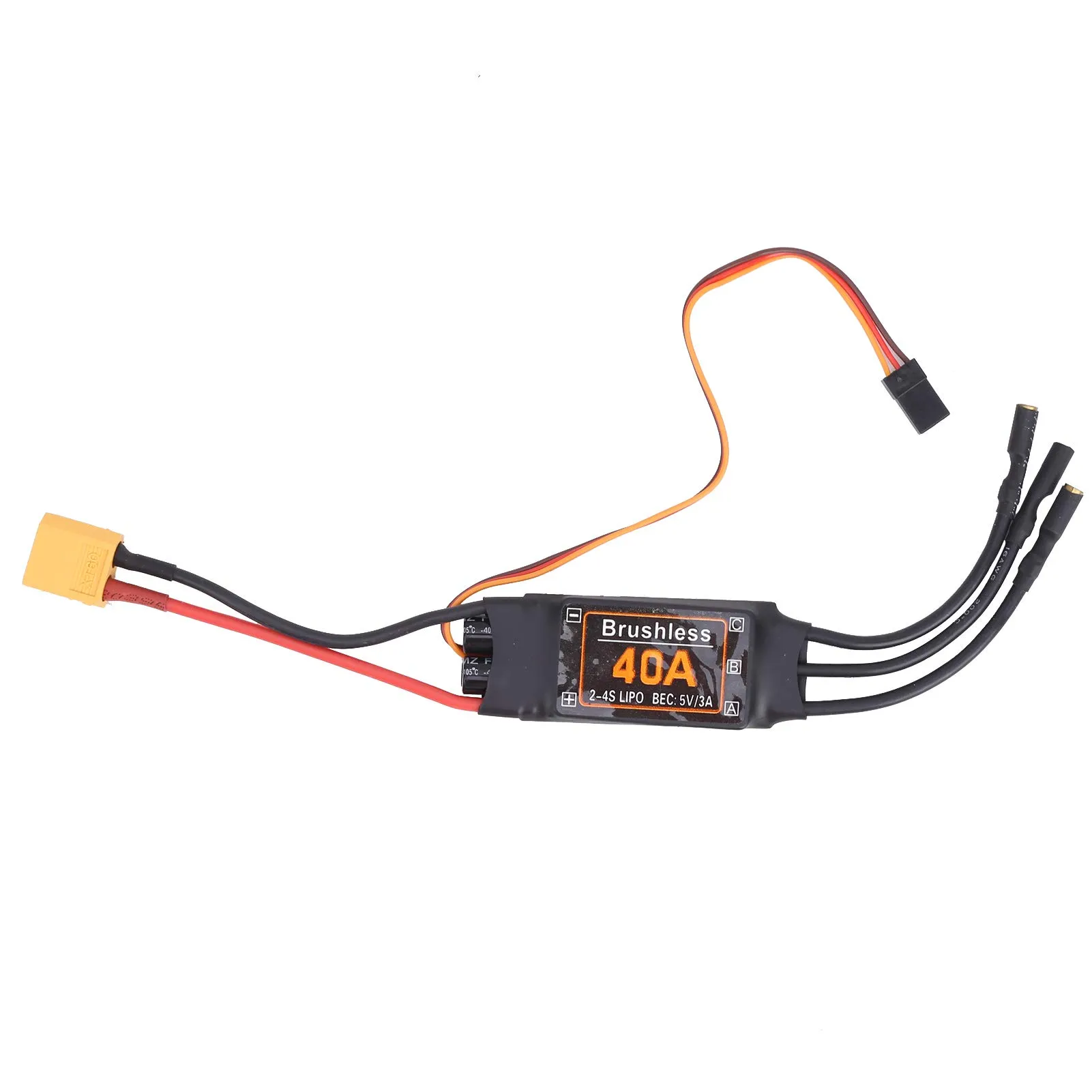
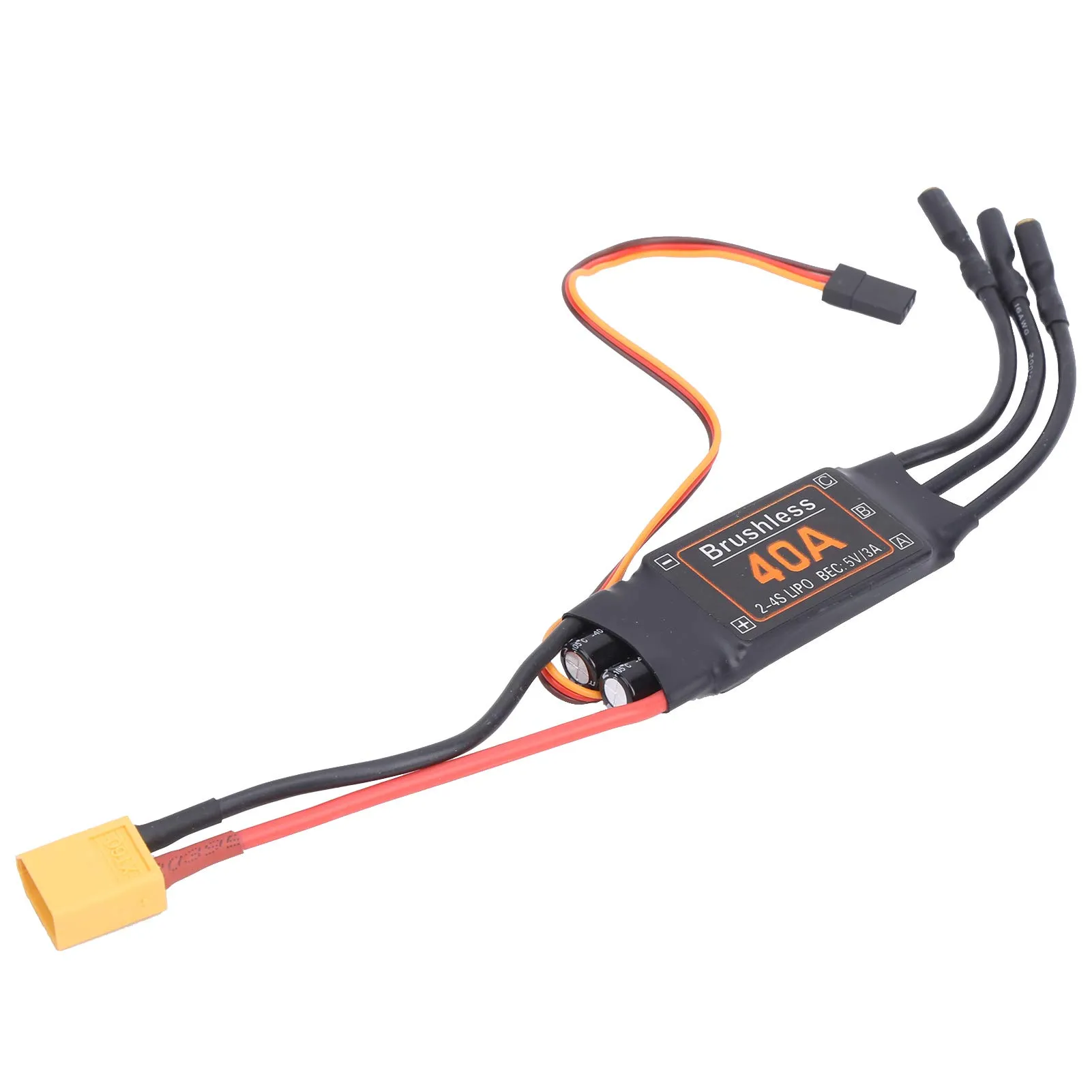

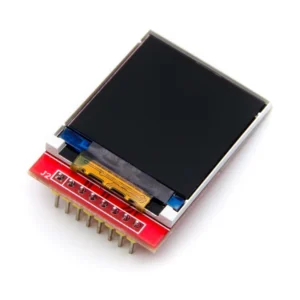
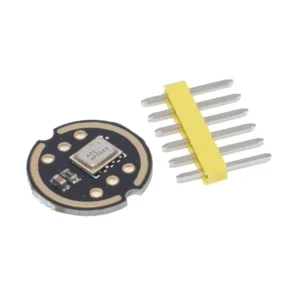
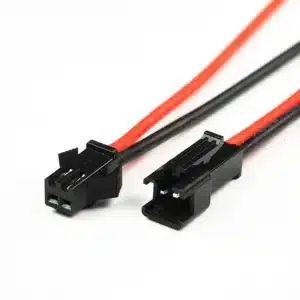
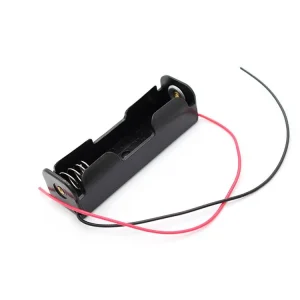
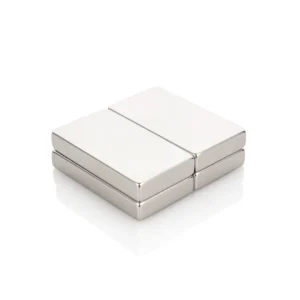
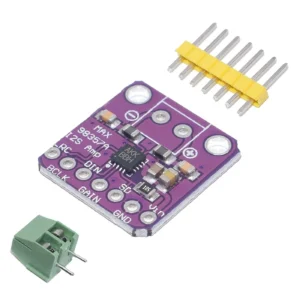
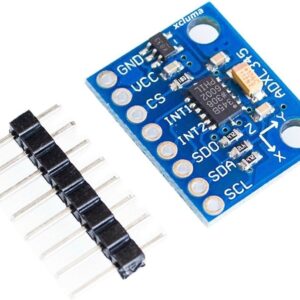
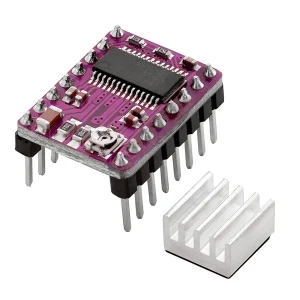
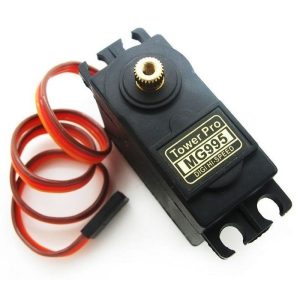
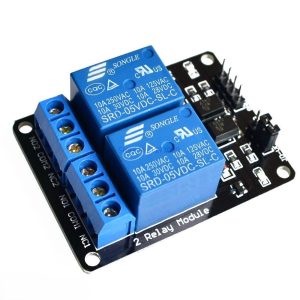
Haseeb Rehan (verified owner) –
Haseeb Rehan –